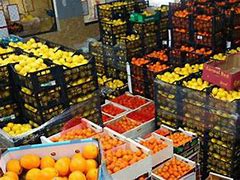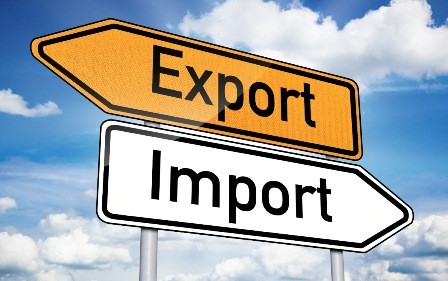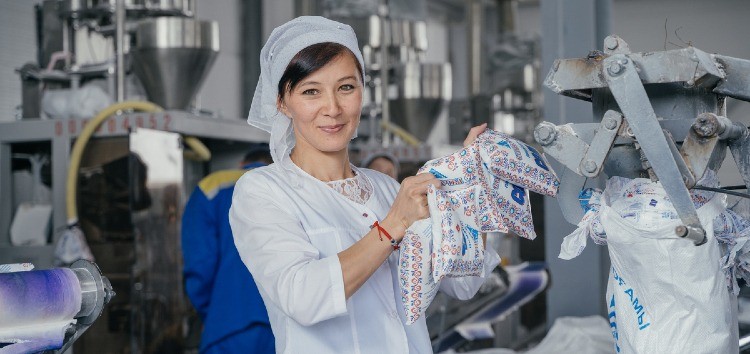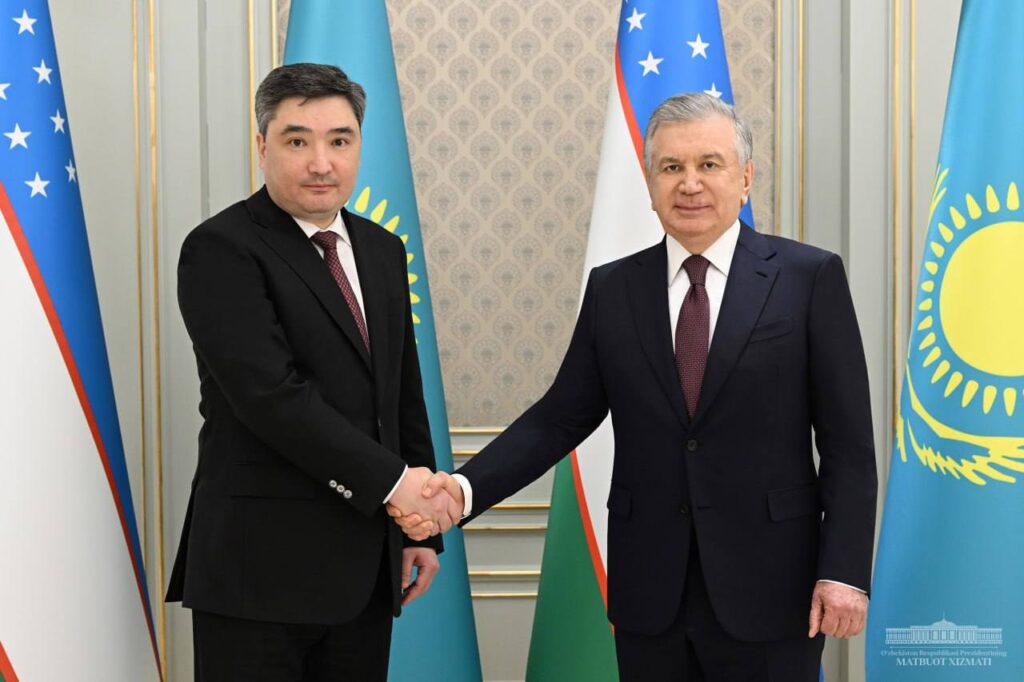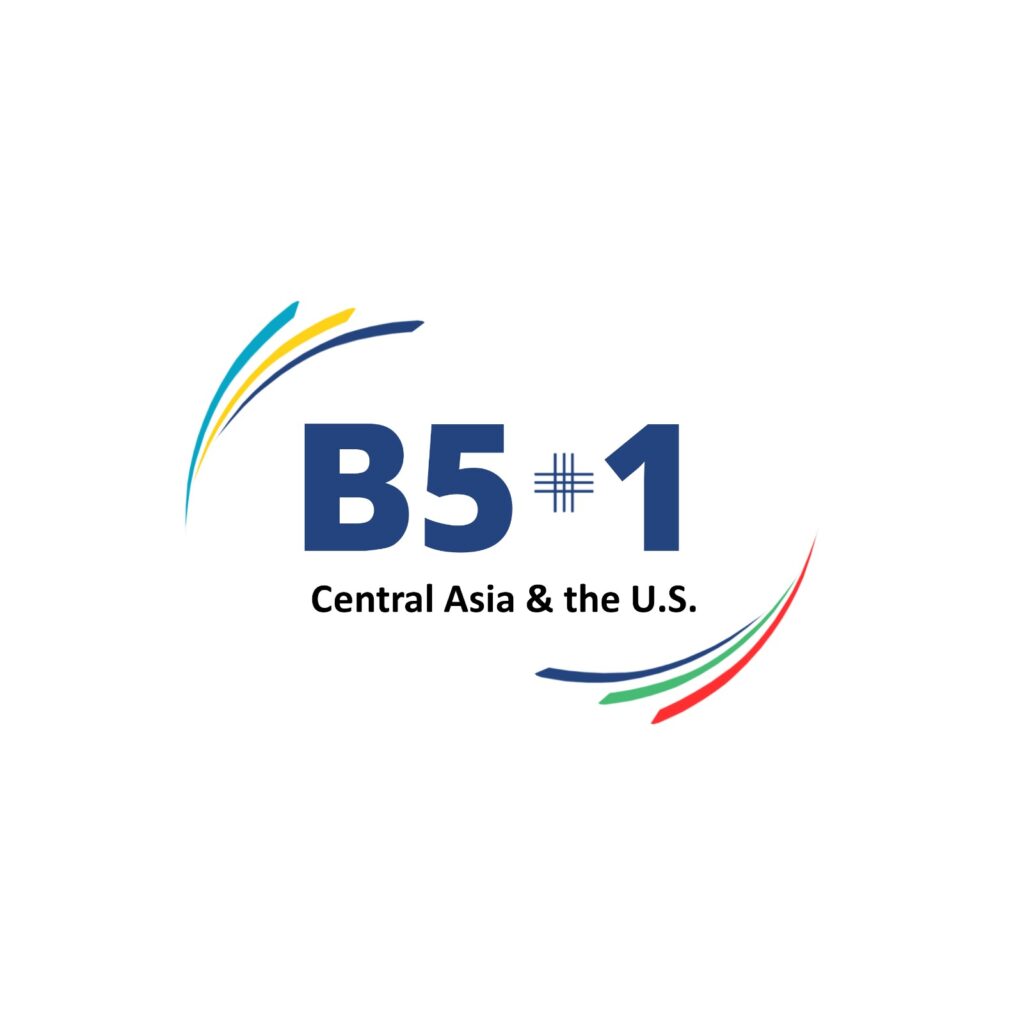Uzbekistan to Increase Production and Export of Agricultural Produce
At a government meeting chaired by President Shavkat Mirziyoyev on March 18th, it was reported that in 2023, Uzbekistan produced 23 million tons of fruit and vegetables, but exports reaped just $2 billion, far short of the anticipated $5 billion. Over the past year, over ten new markets have opened for Uzbek agricultural exports, including Australia, New Zealand, Singapore, Colombia, and Indonesia, raising the number of countries importing agricultural products from Uzbekistan to 85. There are however, shortfalls in the sector. The potential of one million hectares of land previously used for grain and earmarked for the cultivation of fruit and vegetables is yet to be exploited. The same applies to 508,000 hectares of household plots plus a further 260,000 hectares of land lying barren. At the meeting, the head of state expressed his readiness to consider any steps necessary for increasing agricultural and food exports in the coming year: “Controlling inflation and ensuring currency stability are directly related to exports. If we do not expand the conditions for export along with an increase in production, the result will not meet expectations.” To that end, the head of state supported the proposal to boost agricultural exports by opening Uzbekistan’s trading houses in major port cities such as Nagoya, Mersin, Rotterdam, Qingdao, Klaipeda, and Doha. One of the most vital issues is the certification of Uzbek agricultural produce for export. Following the launch of the first private laboratory with international accreditation at the Agricultural Services Centre in Yukorichirchik, $8 million will be invested in similar modern laboratories in Zangiata, Fergana, and Samarkand this year. A reference laboratory will also be opened in Tashkent to ensure that private laboratories comply with international standards.
